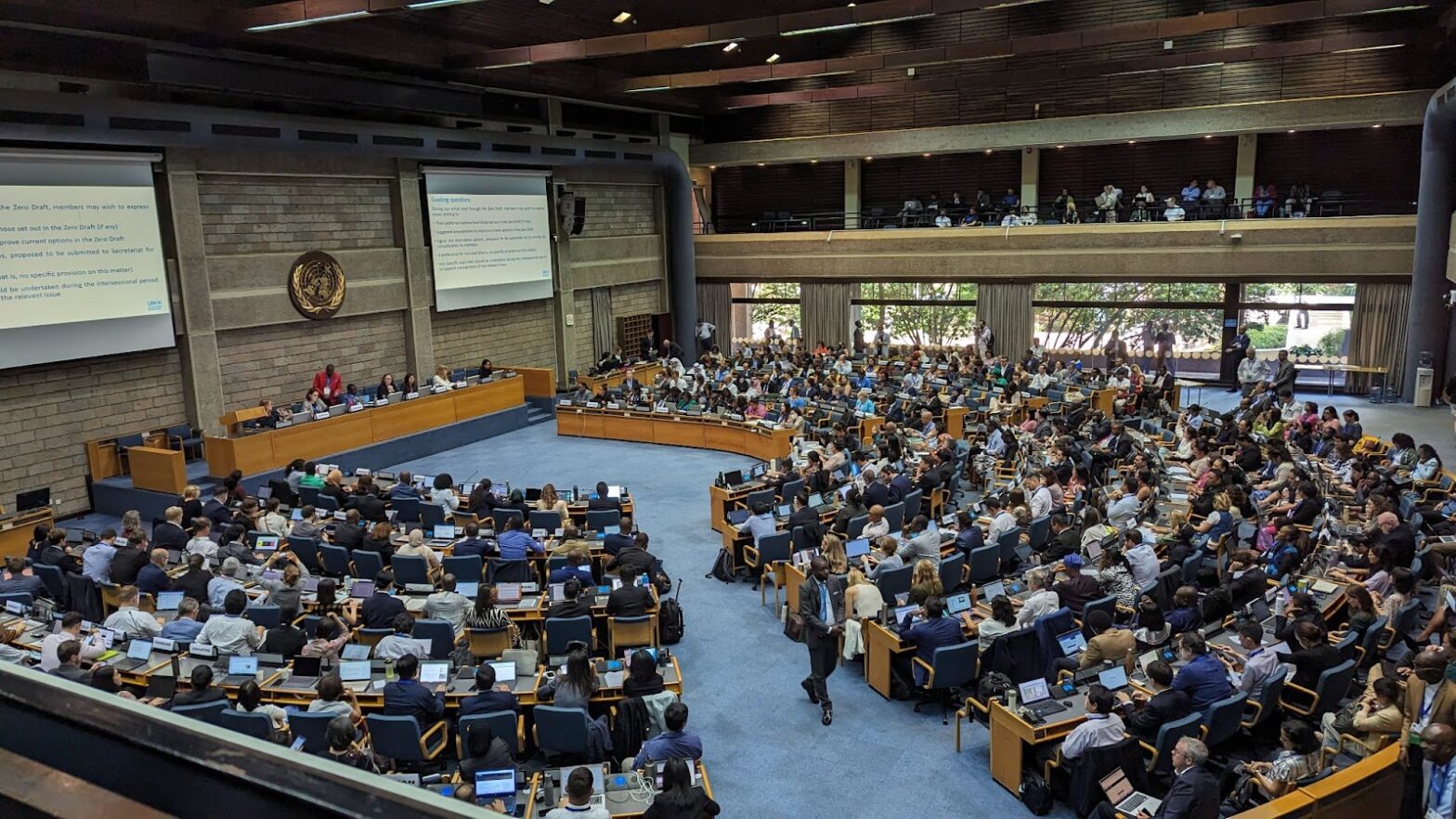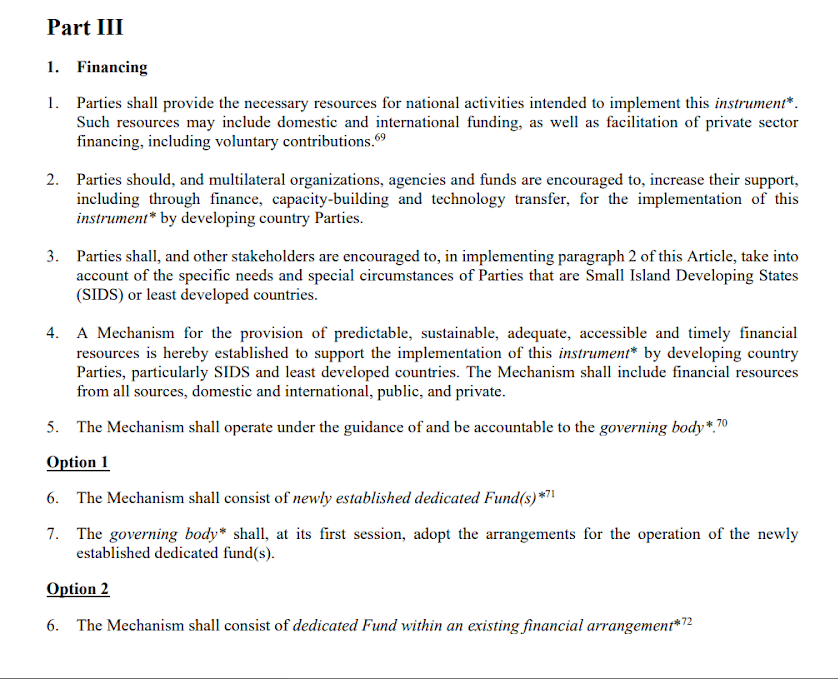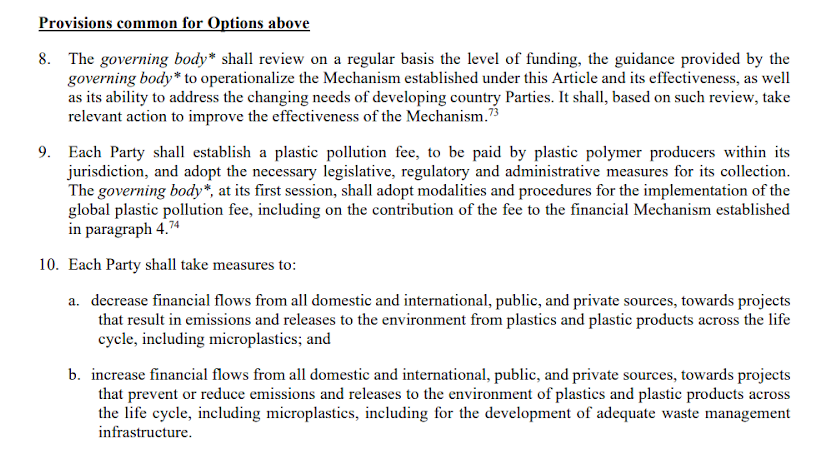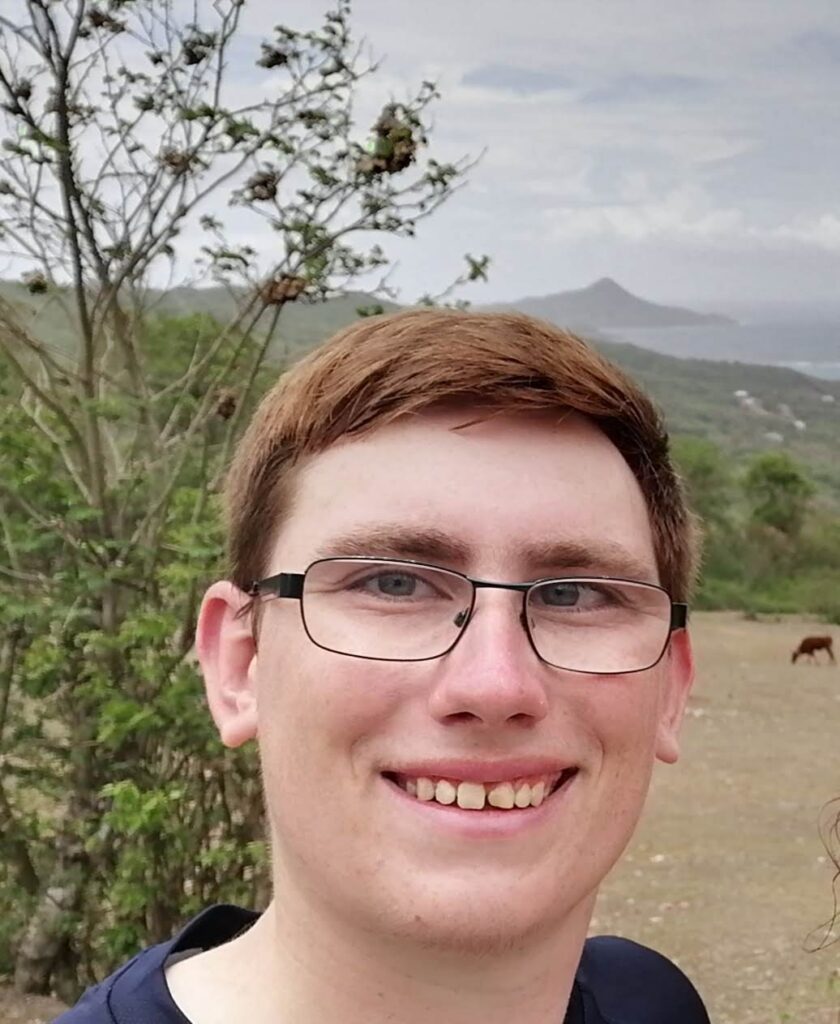Substantive discussions get underway at INC-3

Delegates gathered for the commencement of Contact Group 2. Photo by Sam Winton.
In depth discussions began on the second day of INC-3, including on the critical question of how the implementation of the plastics treaty will be funded. Sam Winton offers a round-up of the day’s proceedings.
Day 2 commenced with a continuation of members’ opening statements. Despite concerns from some parties that this process could be drawn out, these passed quickly, allowing the committee to proceed to its consideration of the next agenda item, namely to agree a mandate for Contact Groups to be formed. Prior to the meeting the Chair had proposed the formation of three Contact Groups with no more than two to meet simultaneously to avoid overwhelming smaller delegations. Contact Group 1 is expected to review Parts I and II of the Zero Draft on elements of the Treaty, Contact Group 2 is expected to review Parts III and IV of the Zero Draft on implementation options, and Contact Group 3 is expected to review the synthesis report on elements not discussed at the second session, which was the topic of Saturday’s preparatory meeting.
Contact groups will conduct a first reading of the Zero Draft text and submit proposals for revised text, with an updated Zero Draft text expected to be composed after Thursday’s plenary. A second reading on the updated Zero Draft text will be conducted before Saturday’s plenary. Consent was passed for this approach after a brief debate. Members of the African Group felt that definitions being discussed in Contact Group 3 was confusing, as the provisions to which they relate are discussed in the other groups. However, to avoid any further delay, the group agreed to show flexibility and proceed with the Chair’s proposal. The final minutes of the morning session saw interventions from Observers on the Zero Draft. Interventions raised the importance of drafting an ambitious, strong and legally binding text, emphasising the importance of a just transition and the protection of human rights.
Contact group discussions get started
The afternoon session saw the commencement of contact group discussions at INC-3. Over the coming days, as concurrent contact groups are conducted across the day, my updates will focus on a detailed analysis of the discussions that I attend. For anyone looking for a more holistic overview of the process, I recommend reading the Earth Negotiation Bulletins daily reports. I would also note that Contact Groups are not live streamed in the same way as plenaries and, while observers are permitted to attend and intervene, there are more restrictions on what can be shared. I will therefore refrain from naming any members or groups of members in these reports.
Contact Group 2: Part III, Provision 1 – Financing
On Tuesday afternoon, I attended Contact Group 2, where the topic of discussion was Part III, Provision 1 – Financing. This provision sets out the financial mechanism which will support the implementation of the Treaty. Throughout the Zero Draft, each provision is composed of numbered paragraphs. There are generally 2-3 optional paragraphs allowing members to decide the scope and direction of the provision. For Part III, Provision 1, the options presented are for a newly established, dedicated fund (Option 1) or a dedicated fund within an existing financial arrangement (Option 2).

There were significant constituencies supporting both options with these generally separated by the level of economic development. A majority of developing countries supported Option 1. These countries expressed the need for a well supported, stable, predictable and easy to access fund which is newly created and distinct from other existing facilities. In general, developed countries favoured Option 2, arguing that the financial mechanism should be a dedicated fund within an existing facility such as the Global Environment Facility. Members argue that this would reduce administrative costs and expedite funds being made available. Interestingly, some members favoured a hybrid of Options 1&2 with an existing facility being used initially to expedite funds, and a distinct, long term and strategic facility being developed over the medium to long term. As negotiations progress, this may be seen as a sensible compromise.
Other topics with general support in discussion about a financial mechanism were the need for intersessional work to further explore the most appropriate measures and the adoption of the polluter pays principle and exploitation of private finance to support the fund. Paragraphs 9 and 10 of the Provision proved controversial with some members offering opposition to a plastic pollution fee, and the removal of subsidies to polluting projects.

Observers dialogue
During the evening session I attended the Observers Dialogue hosted by UNEP Executive Director Inger Andersen, INC Chair Ambassador Meza-Cuadro, and Executive Secretary to the INC Secretariat Ms. Jyoti Mathur-Filipp. In a wide ranging dialogue where the panel gave observers significantly more time than originally planned, the important role of observers in the process was stressed and the panel discussed many ways to ensure observers from across the plastics value chain can fully engage in the process, including an open door policy for all meetings where possible. Overall, day 2 has been a successful day of negotiations with substantive discussions beginning in earnest. In the coming days, contact groups will provide time for significant progress and Thursday’s plenary will be a good opportunity for a stocktake on the progression of negotiations.
Author biography

Sam Winton is a postgraduate researcher who has worked in the Revolution Plastics team at the University of Portsmouth since its creation in 2020. Sam recently commenced a PhD ‘Exploring the development and outcomes of the global plastics treaty’ at the University of Portsmouth and the University of Surrey. Sam also works with the University of Portsmouth’s Global Plastics Policy Centre (GPPC) researching stakeholder views of the treaty process to date.
With a background in environmental hazards and community preparedness, Sam’s main research focus is working with communities and a broad range of stakeholders to tackle environmental challenges. He has also conducted work with international organisations with a view to creating policies to tackle the global plastics problem, and facilitate sustainable development.